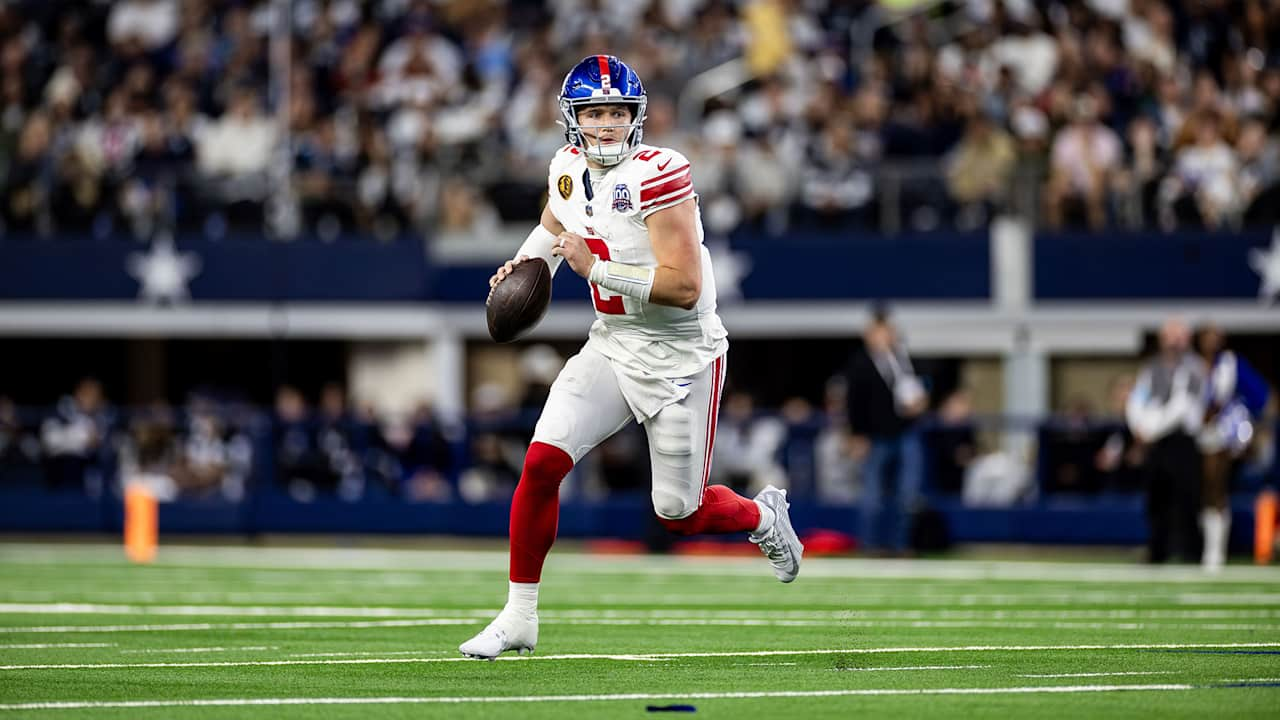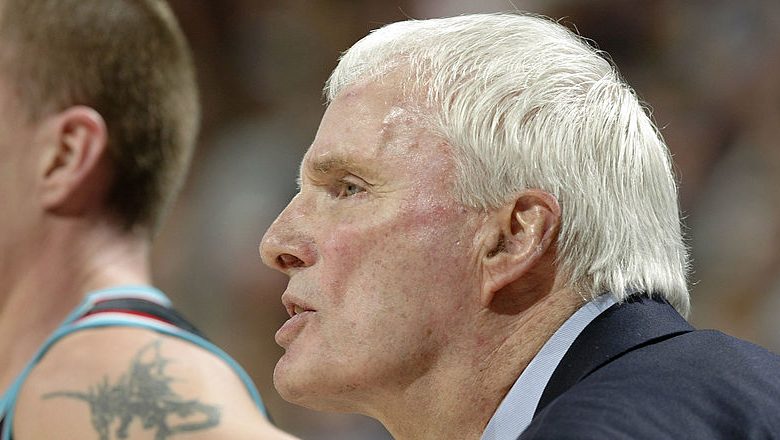Jobs
NYC Schools Chancellor David Banks says federal investigation not impacting his job,

NEW YORK — The first day of school came with an unexpected surprise for New York City Schools Chancellor Banks, whose cellphones were seized, along with several other top officials, as part of a federal investigation.
He sat down with CBS News New York political reporter Marcia Kramer for a conversation on “The Point.”
Banks discusses federal investigation
Banks spoke publicly about the investigation Friday, telling reporters FBI agents seized his personal and DOE cellphones, along with that of his fiancé, Deputy Mayor Sheena Wright.
“Anytime anybody wakes up at 5:30 in the morning, and they have FBI agents come to your house, you don’t count that as a good way to start the day,” Banks told Kramer.
Kramer asked whether the situation has distracted him from the opening of schools for the city’s nearly 1 million students, to which he replied, “Not even a little bit.”
And what would he tell the students and parents who wonder what’s going on?
“In life, you may have challenges, but always hold your head high, live your life and walk with integrity,” Banks replied. “I’ve always done that and I would encourage all of our kids, all of our teachers and anyone else to do the same.”
Smaller class size mandate
Banks went on to discuss a state mandate to lower class sizes over five years, saying the city needs more help with funding.
He said they will need hundreds of new schools and 10,000 to 12,000 new teachers, adding the DOE typically brings in more than 4,000 new teachers a year, so that would increase to three times as many.
“There’s a national teacher shortage and that many more teachers is not going to be easy to find. We’re going to have to spend over a billion dollars a year just to be able to pay for that,” he said.
Banks said one solution may be capping enrollment at popular high schools, like the specialized high schools.
No cellphone ban, yet
Another back-to-school topic is the city’s stance on a cellphone ban in classrooms. The mayor and schools chancellor declined to put a ban in place for this school year.
Banks said after speaking with teachers, parents and even students across the city, “I have not had anybody make the case for why cellphones have a benefit in our classrooms.”
“Overall, they serve as a real distraction, and sometimes, even worse. They present a safety issue for our kids, who use their cellphones to communicate when there are going to be fights after school, up the block and around the corner,” he continued.
He said more than 350 schools already have some form of a cellphone ban and another 500 plan to this year. But he called it a “complicated issue,” acknowledging that parents want to be able to contact their children in case of emergencies.
“We want to study it. We want to see the best practice for doing it, and how we engage our parents in the best way,” he said.
Their conversation went on to discuss the status of weapons detection systems in schools, what he is doing to address hate in schools, especially as the world marks one year since the Oct. 7 attack, the need for more bilingual teachers and the new reading and math curriculums.
You can also watch Kramer’s analysis of the presidential debate between Vice President Kamala Harris and former President Donald Trump with political experts J.C. Polanco and O’Brien Murray here, and New Yorkers weigh in on the race here.











